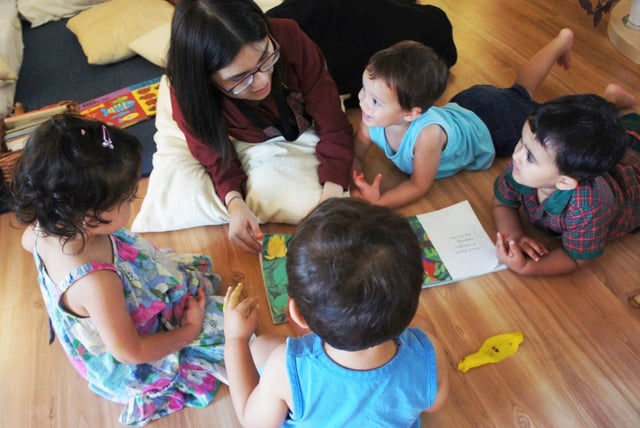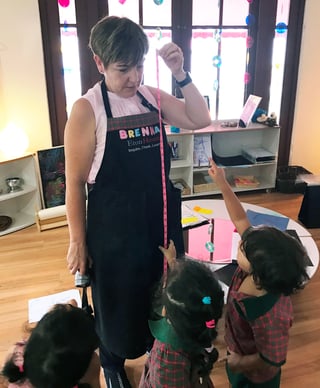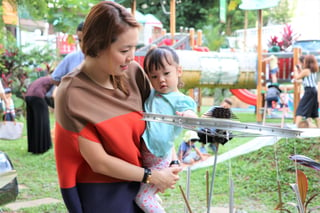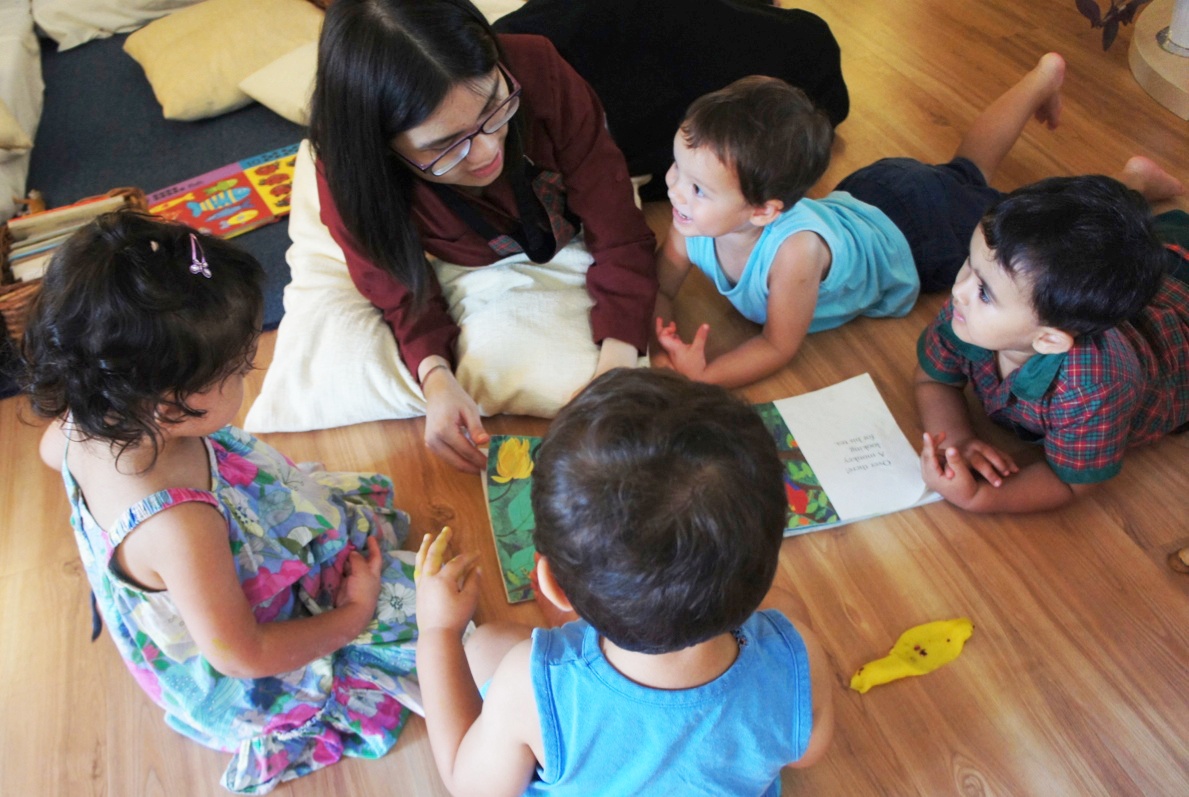Rajani Patel
PYP Coordinator at EtonHouse International School Thomson
The important thing is not to stop questioning. Curiosity has its own reason for existing.
- Albert Einstein (1879-1955)
Children are naturally curious and inquisitive about the world around them. When they are around 3 to 4 years old, they are constantly asking questions such as “Why is the sky blue?” and “Why is the baby crying?” Asking questions provides opportunities for children to interact with the environment around them and build critical thinking skills. While it is challenging at times as parents to keep up with the children’s questions, we do not want the children to stop asking these questions. Questions help stimulate children’s thinking, supporting and extending their experiences and making deep connections with the world around them.
 Photo: EtonHouse International School Thomson
Photo: EtonHouse International School Thomson
“Never ask a child a question that you already know the answer to,” David Weikart, former president of HighScope Educational Research Foundation once said.
If we want children to ask questions, we need to model asking good questions. It is important that you model asking questions which are ‘open-ended.’ Open-ended questions are questions that are challenging and can develop children’s thinking skills. Such questions open up conversations. When you ask an open-ended question, you don’t know what the child’s answer is going to be. Close-ended questions usually limit conversation to one- or two-word responses, and sometimes they end the conversation.
For example, if it is a close-ended question, such as, “What colour is this?” has just one answer, which ends the conversation, the same question can be made open ended when we ask, “You used a lot of blue in your painting. What does it remind you of?”
5 strategies to support your children in asking questions:
 1. Encourage your child to ask the “why” question. It is important for children to know why things happen and they ask questions to gain information.
1. Encourage your child to ask the “why” question. It is important for children to know why things happen and they ask questions to gain information.
2. If your child asks a question and you do not know the answer, it is fine to say, “ I don’t know! Let’s find out together.” You can work with your child to research and find answers to the questions.
3. Value the questions that your child asks. If you get flustered or annoyed easily by your child’s questions, he/she may begin to think that you do not want to answer questions or that asking questions is not okay. Focus on showing your child that questions matter by giving encouraging responses. This will encourage your child to ask questions freely and feel good about being curious.
4. If we want our children to be confident in asking questions, we will have to model asking questions. Ask questions around specific experiences, for e.g., If your child sees another child crying and asks, “Why is that baby crying?” you can ask, “What do you think happened to make the baby sad?" or “What things make you feel sad?”
5. Give children enough time to think and come up with questions.

When parents spend time with their children, it is important that they have meaningful and rich interactions. Asking children question after question, thinking that it will lead to the development of good language skills, does not engage them in a conversation. It leads the parent to be the tester and the child just answering facts. It is important to model the art of conversation with your child.
We need a generation of people who ask questions about this world and try to find their own answers. Supporting our children to ask questions helps them to wonder and explore the world around them.
At EtonHouse, our inquiry-based programme builds a foundation for lifelong learning in your child. Book a school tour at any of our campuses to experience the curriculum.


